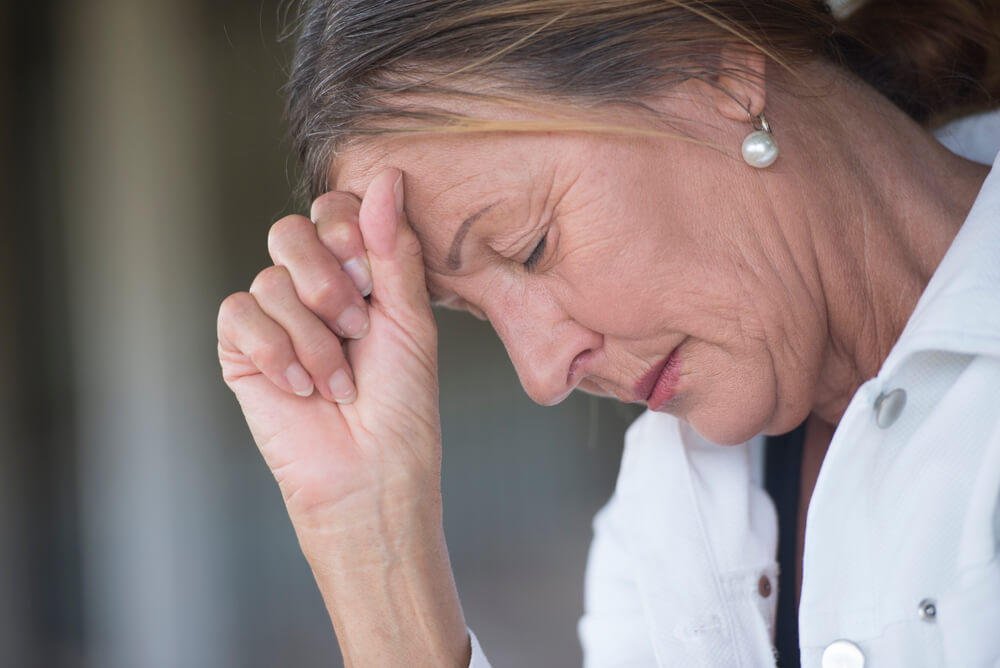
Do menopausal women actually get a heads-up when it comes to migraine headaches? Or do they catch a break once those hot flashes become manifest? Considering the complexity of major hormonal changes in women, it is very difficult to describe with complete accuracy the interplay between menopause and migraines. Having the correct migraine information can help immensely.
In some cases, menopausal women who have suffered from migraines in their younger years may find some relief. This may be due to a link between fluctuating estrogen levels and migraines, although this is not always the case. For other women whose menopausal symptoms affect their quality of life, the hormonal therapy they receive as treatment may actually bring on migraines as unwelcome side effects.
When Do Women Experience Migraines and Menopause?
In the world of cephalalgia statistics, women are twice more likely to experience migraines than men. For the majority of these women, their first migraine attack develops before the age of 40. Once a woman enters her midlife aging stage, her migraine incidence may drop by 60 percent.
If a woman celebrates her 50th birthday after having gone through the main stage of menopause, there will be a strong likelihood that migraines will stop as well. Considering how painful both migraines and menopause can be for women, gracefully aging past 50 can be a great blessing for them.
About half of all women who suffer from migraines at the time they go through menopause will report that their hormonal change is a common trigger for many migraine sufferers. Although these reports may be indicative of a relation between lower estrogen levels and migraines, they do not account for the reports of a sharp reduction in postmenopausal migraine attacks.
Migraine attacks may altogether disappear for postmenopausal women age 50 or older, but this does not guarantee that the aura sensation will completely go away. The aura symptoms of light sensitivity and photophobia, numbness and tingling, loss of taste, and disorientation may linger without leading to a full attack.
Understanding Menopause
Many women will go through a period of diminished fertility starting around the age of 40. This happens when the ovaries enter a period of lower egg production each month. For many women this means irregular menstrual cycles, and it could last for as long as twenty years.
Since migraine pain and hormone levels are often connected, a drop in estrogen can trigger migraines. Hormone levels can rise and fall when a woman is close to menopause, making anticipating migraine pain more difficult.
The peri-menopause stage is the one most typically associated with migraines. This is the stage when women begin to experience the loss of estrogen for their first time, which is a stressful situation on its own and could be considered a migraine trigger. For some women whose migraines were once linked to their menstrual cycles, they may be relieved to see both their periods and migraines go away; however, this may not always be the case.



